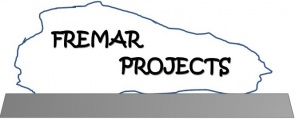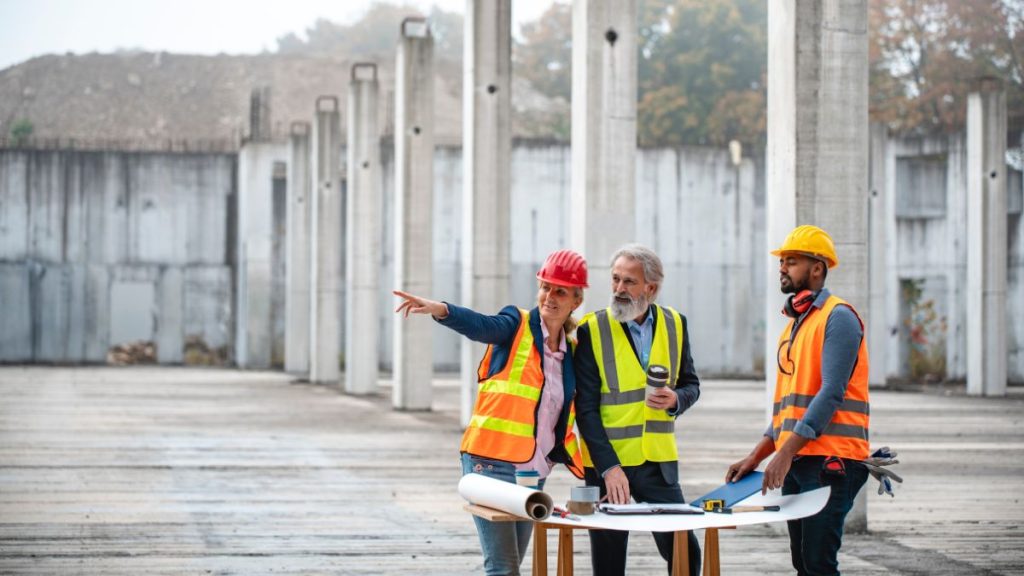Embarking on a construction project can be both exhilarating and daunting. From envisioning the end result to managing the intricate details of the construction process, effective project management is crucial for success. Whether you’re a seasoned construction professional or a novice project manager, these five essential tips will help you navigate the complexities of construction project management with confidence.
Clear Communication:
Communication lies at the heart of successful construction project management. Establishing open and transparent lines of communication among all stakeholders is paramount. From clients and architects to contractors and subcontractors, everyone involved in the project should be kept informed of progress, changes, and expectations. Regular meetings, progress reports, and digital communication tools can help facilitate clear communication and foster collaboration.
Detailed Planning:
A well-thought-out plan serves as the roadmap for your construction project. Take the time to develop a comprehensive project plan that outlines key milestones, timelines, and resource requirements. Break down the project into manageable tasks and assign responsibilities accordingly. By having a detailed plan in place, you can anticipate potential challenges, allocate resources efficiently, and ensure that the project stays on track from start to finish.
Risk Management:
Construction projects are inherently fraught with risks, ranging from inclement weather and material shortages to regulatory changes and unforeseen site conditions. Effective risk management is essential for mitigating these risks and minimizing their impact on the project. Identify potential risks early on and develop contingency plans to address them. Regular risk assessments and proactive monitoring can help you stay ahead of potential issues and keep the project moving forward smoothly.
Quality Control:
Quality is non-negotiable in construction projects. Maintaining high standards of quality ensures that the finished product meets specifications and exceeds client expectations. Implement rigorous quality control measures throughout the construction process, from material selection and subcontractor oversight to on-site inspections and testing. By prioritizing quality at every stage of the project, you can minimize rework, delays, and costly mistakes, ultimately delivering a superior end product.
Adaptability:
Flexibility is key in the ever-evolving world of construction project management. Construction projects are dynamic and subject to change due to factors such as client requests, design modifications, and unforeseen challenges. As a project manager, it’s essential to remain adaptable and responsive to changing circumstances. Be prepared to revise plans, reallocate resources, and adjust timelines as needed to accommodate shifting priorities and ensure project success.
Construction Project Management Tips Conclusion
In conclusion, successful construction project management requires a combination of clear communication, detailed planning, effective risk management, stringent quality control, and adaptability. By incorporating these five essential tips into your project management approach, you can navigate the complexities of construction projects with confidence and deliver results that exceed expectations.



